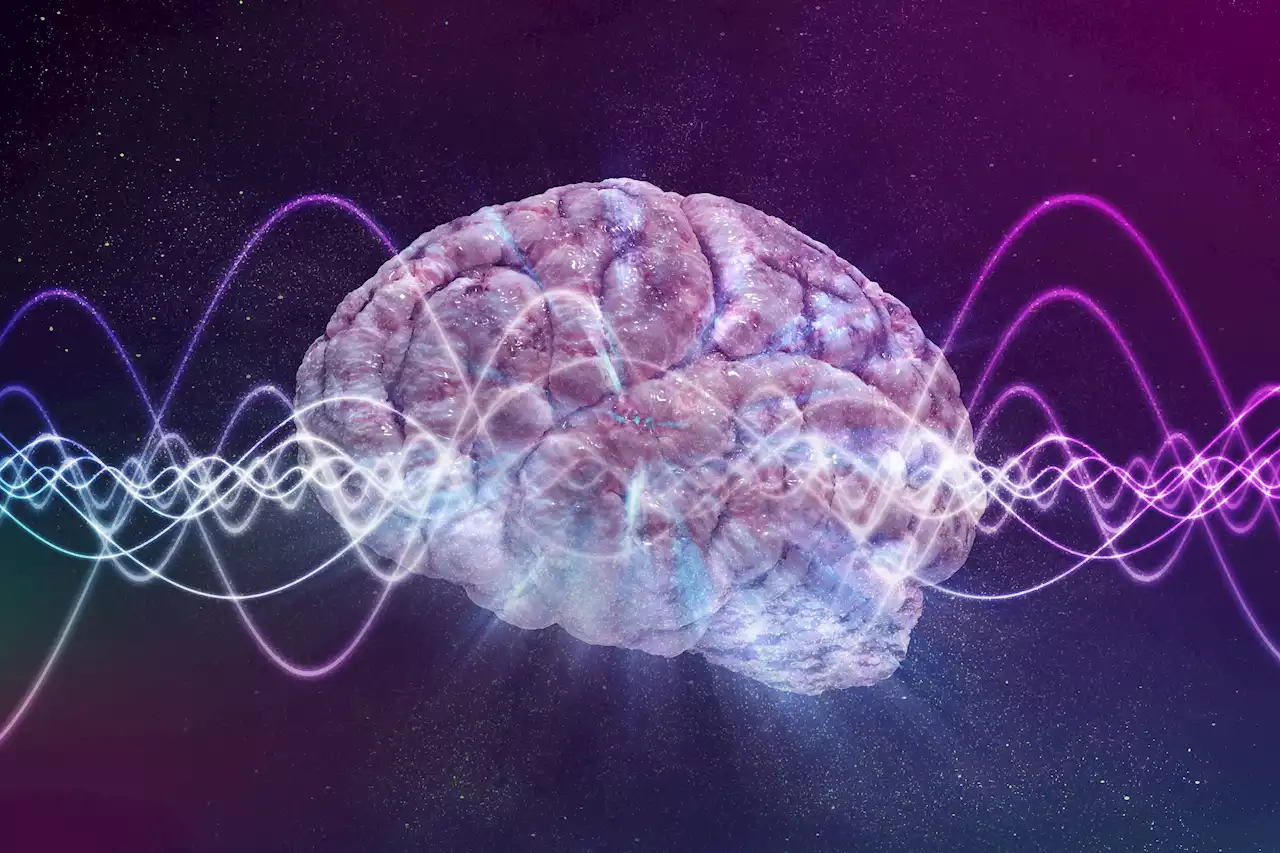Researchers have uncovered a recent, perplexing increase in brain infections and abscesses in kids and teens.
Centers for Disease Control and Prevention's Epidemic Intelligence Service
While still very rare overall, that number spiked in 2022: The researchers counted 18 cases of intracranial abscesses among kids ages 4 to 15 that year. And, so far, experts aren't sure why. The trends"were alarming to us because the increase was quite marked compared to prior years," Dr. Rosemary Olivero, pediatric infectious disease specialist at Helen DeVos Children's Hospital and one of the authors on the August 2022 CDC report, tells TODAY.com via email. Because these were life-threatening infections, Olivero and her colleagues wanted to make sure others"were on alert and looking for a national trend.
The risk factors that did seem related were already well-known to increase the likelihood of these complications, she said. In particular, many of the children who developed abscesses had been diagnosed with severe ear infections or sinus infections right before or had developed cold-like symptoms before hospitalization.
Those ear and sinus infections are typically caused by a buildup of bacteria that can't drain properly, which can itself be a complication of an initial respiratory infection, Dr. Aaron Milstone, a pediatric infectious disease specialist at Johns Hopkins Children’s Center, tells TODAY.com. Ear infections, on the other hand, can lead to brain complications because the inflammation from a viral infection causes swelling that prevents the eustachian tube from properly draining the middle ear,When that happens, bacteria that live there normally in small numbers are allowed to collect and multiply. In more serious cases, the infection can spread to the mastoid bone behind the ear and possibly to the brain.
United States Latest News, United States Headlines
Similar News:You can also read news stories similar to this one that we have collected from other news sources.
 Giraffes' statistical skills make researchers question big brain theoryWould giraffes pick an event with 99% chances of success, or 1% of failure?
Giraffes' statistical skills make researchers question big brain theoryWould giraffes pick an event with 99% chances of success, or 1% of failure?
Read more »
 Scientists discovered a surge of unknown activity in people’s brains as they diedScientists have recorded mysterious brain activity in a dying person's brain which could help us better understand the human brain.
Scientists discovered a surge of unknown activity in people’s brains as they diedScientists have recorded mysterious brain activity in a dying person's brain which could help us better understand the human brain.
Read more »
 Researchers name butterfly species after 'Lord of the Rings' villain SauronScientists have named a butterfly genus after Sauron, the villain from the 'Lord of the Rings' series, the Natural History Museum in London said on Sunday.
Researchers name butterfly species after 'Lord of the Rings' villain SauronScientists have named a butterfly genus after Sauron, the villain from the 'Lord of the Rings' series, the Natural History Museum in London said on Sunday.
Read more »
 Popular Explanation Is Wrong – Researchers Discover New Clues Regarding the Origin of Earth’s ContinentsNew experiments have called into question a popular explanation for the properties that give rise to dry land. Despite being a crucial factor in making Earth a hospitable place for life compared to other planets in the solar system, the origins and unique characteristics of continents, massive segm
Popular Explanation Is Wrong – Researchers Discover New Clues Regarding the Origin of Earth’s ContinentsNew experiments have called into question a popular explanation for the properties that give rise to dry land. Despite being a crucial factor in making Earth a hospitable place for life compared to other planets in the solar system, the origins and unique characteristics of continents, massive segm
Read more »
 Rare-disease researchers pioneer a unique approach to clinical trials - Nature MedicineRare-disease researchers pioneer a unique approach to clinical trials. News feature from TechTyper, part of our series Rethinking Evidence in Medicine.
Rare-disease researchers pioneer a unique approach to clinical trials - Nature MedicineRare-disease researchers pioneer a unique approach to clinical trials. News feature from TechTyper, part of our series Rethinking Evidence in Medicine.
Read more »
